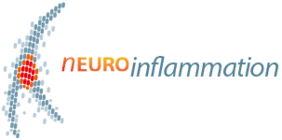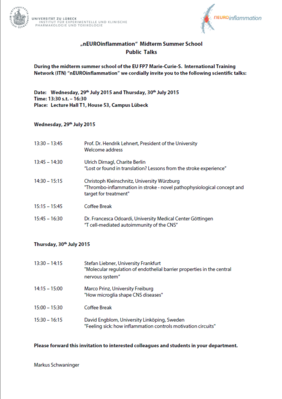Abstract
Steroid hormones are fundamental to normal physiology, with prominent effects including sex development, behaviour, body homeostasis and metabolism. Deficiency of steroid hormone synthesis and action is a common cause of adrenal insufficiency and disorders of sex development (DSD), and genetic mutations associated with this have been characterised in vitro. Functional analysis of novel mutations has been crucial over the last decade to translate results of molecular genetic analysis into clinical practice.Recent studies suggest additional steroidogenic pathways to active sex steroid hormones. The clinical relevance to the pathophysiology of these metabolites in congenital adrenal hyperplasia and disorders of sex development remain unclear. In addition, the impact of dysregulated steroidogenesis on the whole organism remains largely elusive. However, recent studies demonstrate that both the end product steroid hormones and their precursor metabolites have the potential to activate steroid hormone nuclear receptors. Thus, it is highly likely that inborn errors of steroidogenesis lead to pluripotent pathophysiologic whole organism responses beyond classically described problems caused by steroid hormone deficiency or excess.
Zebrafish (Danio rerio) represent a comprehensive vertebrate model to study physiological processes and human disease. In particular, zebrafish have been established as valuable tool to study glucocorticoid signalling and action in vivo. Similarly to humans, cortisol is the main glucocorticoid in teleost fish. We are currently establishing zebrafish to explore the systemic consequences of inborn errors of steroidogenesis. Recently, we functionally defined the P450 side chain cleavage (Cyp11a1, Cyp11a2) system in zebrafish showing temporal-spatial functional differences of these enzymes. By using a Transcription activator-like effector nuclease (TALEN) approach, we have now generated null-alleles of the mitochondrial electron transfer protein ferredoxin (fdx1b) to explore the pathophysiologic consequences of disrupted mitochondrial electron transfer of steroidogenesis. In addition, a novel 21-hydroxylase null-allele has been developed to serve as translational model to study the molecular pathology regarding metabolism and the central nervous system relevant to congenital adrenal hyperplasia, one of the commonest inborn conditions in humans associated with significant co-morbidity.
Such models can serve as ideal translational models to study the whole organism's response to genetic variants and mutations in rare disease. These findings have the high potential to provide novel insights into stress research and the cross talk between the regulation of the circadian rhythm. The possibility to study steroid hormone physiology as well as pathophysiologic consequences of disrupted steroidogenesis in a whole organism make zebrafish a comprehensive and cost-effective model system in basic and translational steroid endocrine research.
CV
Nils Krone is a Senior Clinical Lecturer at the University of Birmingham (since 2011) and Honorary Consultant Paediatric Endocrinologist at Birmingham Children's Hospital (since 2007) where he leads the adrenal and disorders of sex development (DSD) clinical service.
He graduated from the Ludwig-Maximilian's University, Munich, Germany in 1999, where in 2000 he was also awarded his MD on genotype-phenotype correlation of congenital adrenal hyperplasia. He has trained in General Paediatrics and Paediatric Endocrinology at the University Children's Hospital, Munich (1999-2000) and University of Kiel Children's Hospital, Germany (2001-2006). In 2006, he move as a postdoctoral DFG research fellow to the University of Birmingham, UK and was soon after awarded a Wellcome Trust Clinician Scientist fellowship (2006-2011).
His main clinical interests are inborn errors of steroidogenesis including congenital adreanl hyperplasia, disorders of sex development (DSD), PCOS and obesity; his main research focuses on inborn errors of steroid hormone biosynthesis and steroid hormone metabolism in health and disease. Current efforts of his work concentrate on the implementation of high-throughput model systems to study genetic variants and the integration of diagnostic methods in adrenal disease and DSD. His group have implemented various in vitro assays to study enzymatic defects in steroidogenesis. The most recent work of his group explores the consequences of disrupted steroid hormone synthesis and action on whole organism employing zebrafish as a powerful model organism in translational steroid research.
This lecture will take place on July 21, 2015 from 17:15 to 18:15 hours in Seminar Room 3b, Ground Floor, Zentralklinikum.
Host: Prof. Olaf Hiort
Department of Pediatrics and Youth Medicine
University of Lübeck



